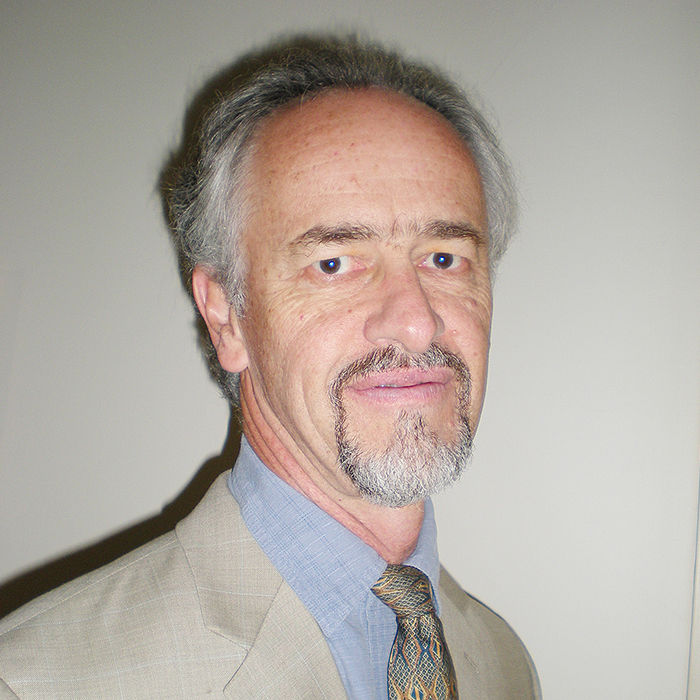
Dr. Jim Young, climate expert
When he encounters those who deny climate change, Dr. Jim Young, a senior air quality and weather specialist with ARCADIS SENES Canada, shakes his head in disbelief.
“Of course there is climate change,” he said. “There always has been and always will be climate change. The question is to what degree humans are influencing those changes and what are we going to do about it.”
Chatham Mazda from Chatham Voice on Vimeo.
Young said climate change deniers don’t reflect reality and by clouding the issue, they divert attention from the fact that society is experiencing changes it needs to deal with.
“We are experiencing more extreme weather and it is costing us untold millions of dollars,” he said. “Whether we are forced to dig ourselves out from more massive winter storms, deal with water pollution from record breaking rainfall or deal with infrastructure which wasn’t designed to handle the extremes, there is a cost to all this.”
Young said his firm has decades of serving individuals, private clients and municipalities in providing data about air quality and weather modeling to allow them to make decisions regarding future projects.
By serving a variety of clients, his firm strengthens its credibility.
“We don’t want to be pigeonholed. We let the science speak for itself.”
“If you’re a municipality putting in a culvert or a bridge, you need to know what stresses it will have to endure,” he said. “Businesses considering investments need as much information as possible.”
In late 2013 Young made a presentation recommending Chatham-Kent undertake a climate projection so that specific areas could be assessed properly.
“We laid out the reasons behind our position and the municipality considered the information internally,” he said.
Among the projections were that Chatham-Kent in the 2050s would have an annual warming of between 2C-4C, precipitation would increase from 2% to 13%, with more rain and less snow, and an increase in frequency and severity of extreme weather events such as heat waves, drought, extreme precipitation leading to flooding and lower lake levels to increased evaporation.
Young said the field of climate study and change has been hindered by what he called “a tactical error” in bringing the subject forward.”
“The term ‘climate change’ doesn’t inspire much buzz, but when the term ‘global warming’ was used, everyone paid attention. The problem is that the term is only a very small part of what climate change is all about.”
Young said the City of Toronto has used weather data to help it plan its capitol works projects, but there is plenty of information that can be used across many facets of the community.
In his report to Chatham-Kent, Young said farmers need to be educated and encouraged to incorporate windbreaks and hedgerows on their properties so in times of extreme heat and dryness, their valuable soil will not be blown away. They also need to plan for higher runoff during extreme rains so that their fields are not flooded. And they might be encouraged to consider planting some different crops that will thrive on extreme conditions.
He said regulations need to be in place to reduce nutrient run-off and effluent to keep waterways clean to avoid algae blooms with the accompanying smells and fish kills. Those waters, if kept clean, will be a source of food and tourism dollars.
Climate change also brings up opportunities, he said.
“Warmer weather and longer seasons can enhance our outdoor use, from biking to water-related activities. We can examine different crops that might be useful in some rotation. It’s not about doom and gloom as much as it is about recognizing changes are happening and what to do about it,” he said.






